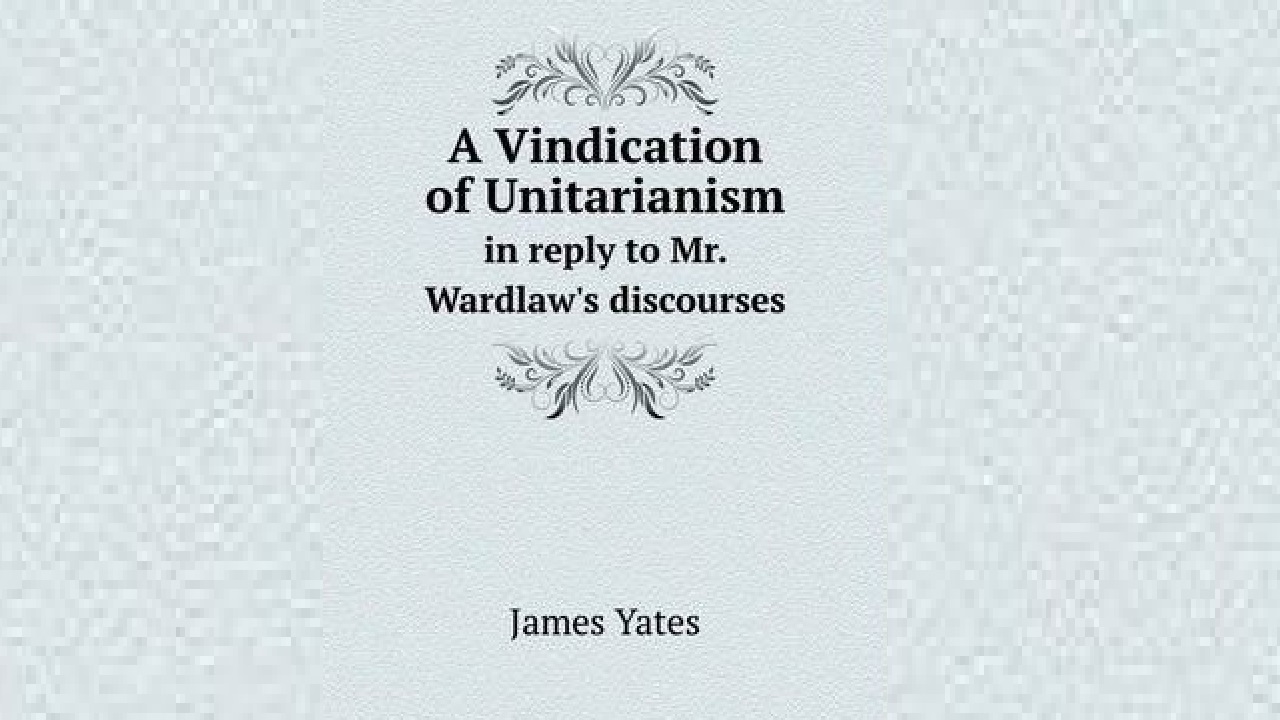
The Vindication of Unitarianism
February 29, 2020
Dictionary Definition of God
March 31, 2020What or Who is Logos

Many assume that the “word” in John 1:1 is a person because in Greek logos is grammatically a masculine gender noun (logos) accompanied by masculine pronouns outos (he) and autou (his).
However, it’s a fundamental mistake to confuse grammatical gender with natural gender. In this case the inanimate object of “word” with an animate object, a human male person, no less!
This has led to the millennia old misinterpretation that John was describing the existence of Jesus prior to his birth.[1]
But in the OT “the word of the LORD” is never referred to as a “he” or “him.” For example, in the LXX logos is never accompanied with the pronouns outos or autou!
For the Jews the logos was the manifestation of God Himself, Yahweh. That’s why logos became synonymous with other invisible qualities of God that were personified, like His wisdom and prudence (see Proverbs 8-9).
And we all know that by definition a personification is not an actual person!
Even noted Evangelical scholars like Craig Keener, in his IVP Bible Background Commentary, concede this biblical fact:
The personification of this “Word” makes sense. The OT had personified Wisdom (Prov 8), and ancient Judaism eventually identified personified Wisdom, the Word and the Law (the Torah), sometimes identifying them with each other (e.g., Sirach 24:1, 23; Baruch 3:28-4:1).
Another Evangelical work, Mercer Dictionary of the Bible, rightly connects this Jewish Wisdom literature concept to the prologue of John 1.
This personification of logos in John parallels the use of WISDOM in the OT and in the Apocrypha. Prov 1:20-33, 8-9, Sir 24, and Wis 7:22-11:1 illustrates the personification of Wisdom, and many functional parallels exist between Wisdom’s personification in those texts and in John 1:1, 14. For example, both Wisdom and the Word dwell among God’s people, both act as God’s agents of creation, both are the reflection of the glory of God, and both bring light and life to God’s people.
Hence, “God’s agents” in the OT came to enflesh, i.e., embody qualities of God like glory in Moses, “the word of the Lord” in the prophets and Wisdom in Solomon. Even later Rabbis were “celebrated as Torah incarnate”[2] because they were said to have absorbed the Law of God.
As a matter of fact, to this day, Orthodox Jews have a tradition of burying old Torah scrolls because for them “the Torah scroll is so important, is so holy, that when it’s no longer usable we bury it as if it was a human being.”[3]
So even OT agents of God and even old Torah scrolls are seen this way, how much more God’s own uniquely, procreated human Son?
The truth is that Jesus was “God’s wisdom in person but not
a personified, hypostatized, pre-existent figure alongside God.”[4]
[1] NOTE: for the NT writers the logos is also personified as the Gospel message itself, see Heb 4:12-13; Eph 6.17; 1 Peter 1:23.
[2] Holdredge, Veda and Torah.
[3] https://warszawa.jewish.org.pl/en/2017/04/ceremony-of-burying-torah-scrools/
[4] Kuschel, Born Before All Time?
